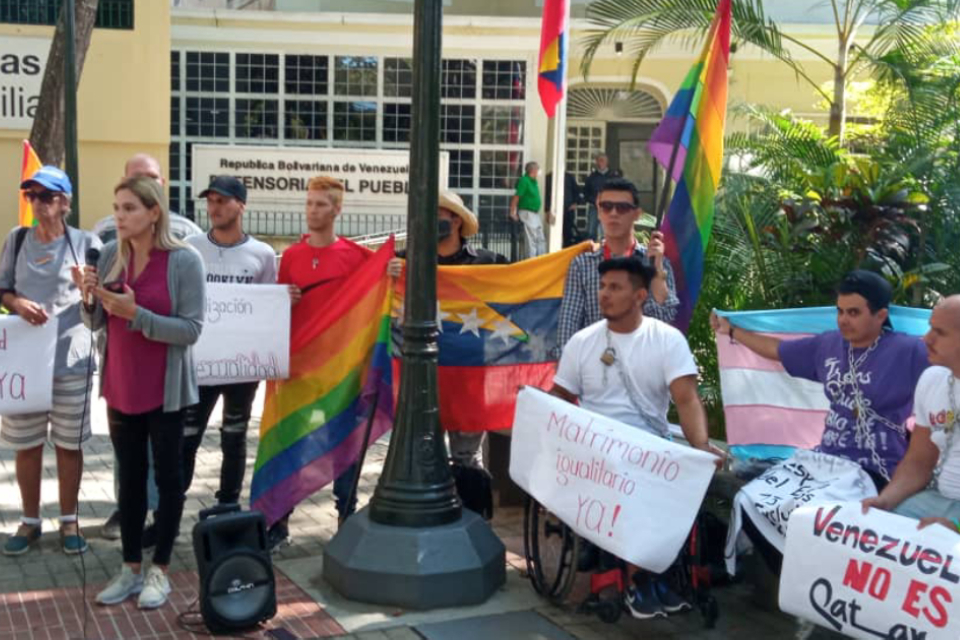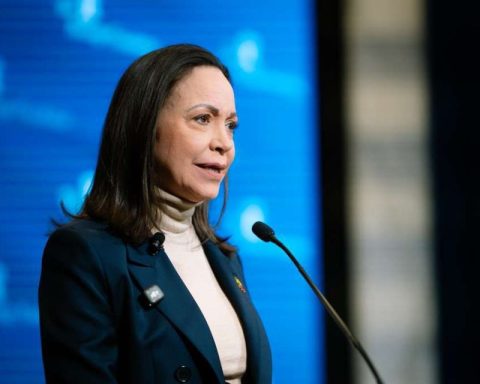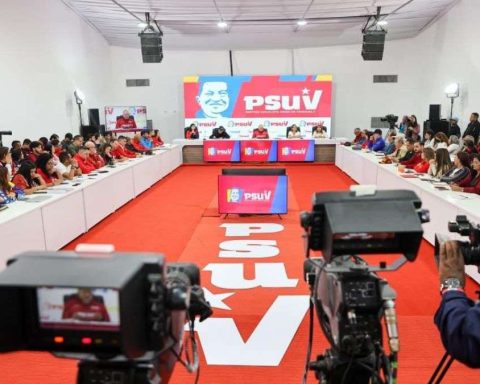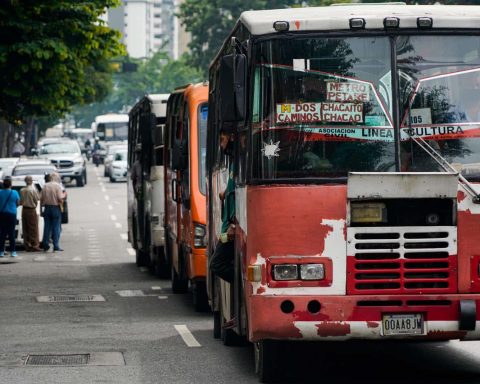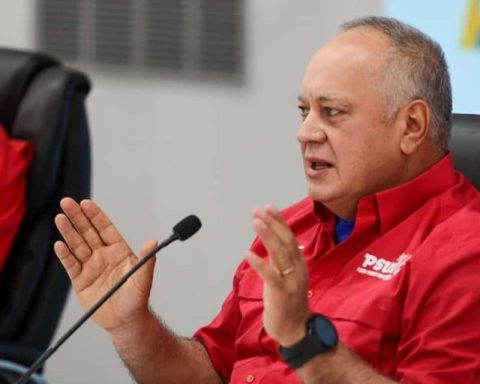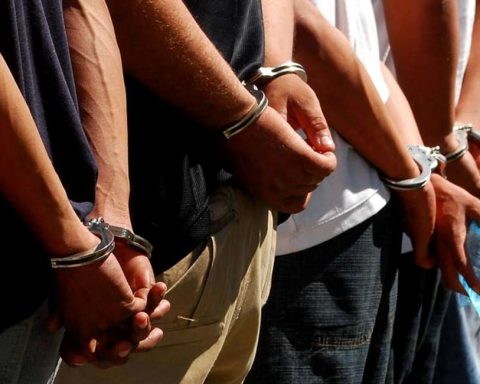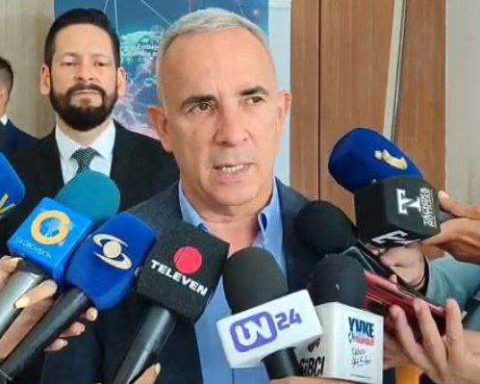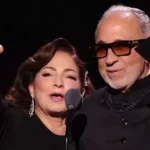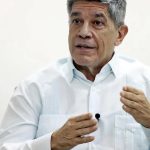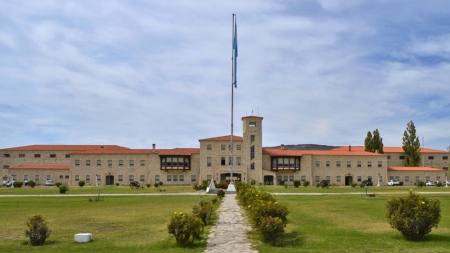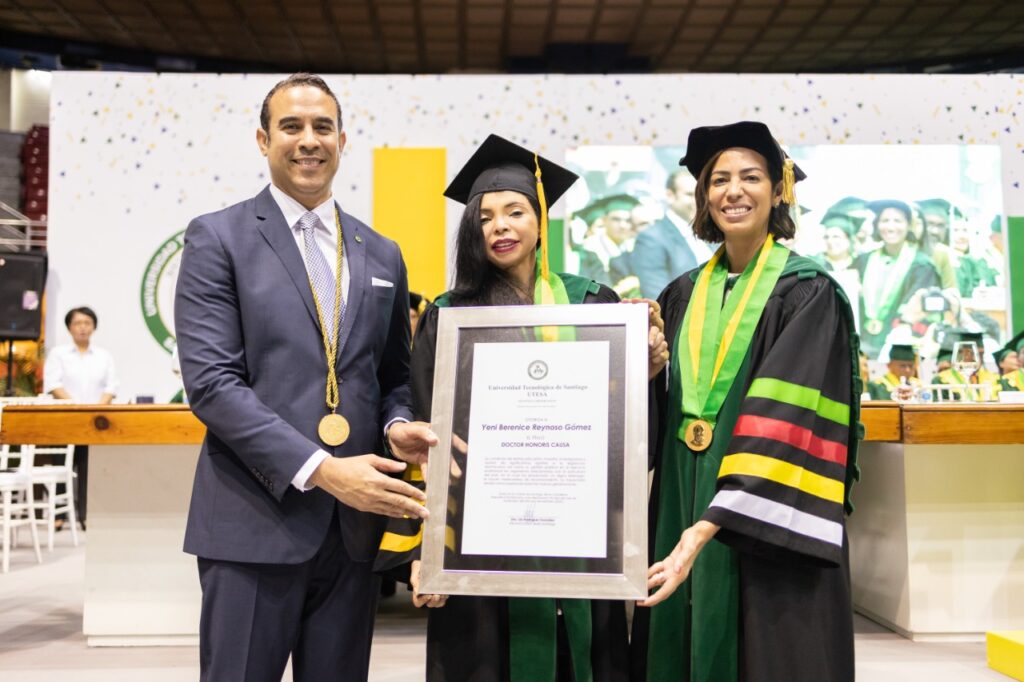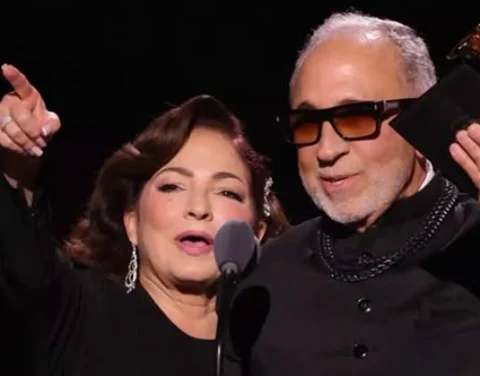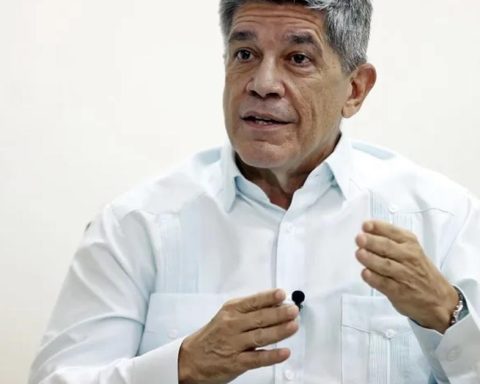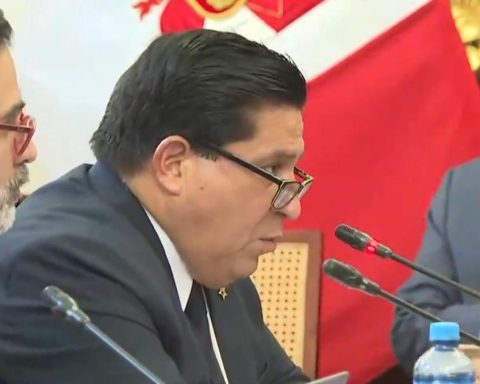Defenders of Lgbti rights demand that the government of Nicolás Maduro recognize the right to change names for gender reasons, established in the provisions of 146 of the Civil Code, that homosexuality be decriminalized in the National Armed Forces and that it be discussed in Parliament the preliminary draft of the Equal Civil Marriage Law
Activists of the Lgbti community chained themselves in front of the Ombudsman’s Office, in Caracas, in protest against the omission of the State to penalize homosexuality in the National Armed Forces (FAN), the ignorance of the right to change one’s name by gender reasons, established in the provisions of 146 of the civil code and the legislative omission of the National Assembly of 2020 to the discussion of the draft law of equal civil marriage.
The protest started in the morning hours of this Monday, November 21. The activists warned that the chain will be indefinite and that they could even go on a hunger strike if they do not receive answers from the government.
Javier Ávila, Lgbti activist and volunteer of the United for Dignity (UPD) movement called on citizens to accompany the demonstration and join the demand for answers from the Executive.
From the headquarters of the Ombudsman, the professor and lawyer Richelle Briceno He reiterated that the demonstration is a protest against the silence of the government of Nicolás Maduro and its disrespect for the human rights of the Lgbti community. “We call on parties, civil society and all human rights defenders to raise their voices for those who have been forgotten,” he said from downtown Caracas.
Lgbti community has been insisting for a while
For at least a decade, the Lgbti community in Venezuela has denounced that their rights are made invisible by the State. Activists have warned that the government maintains a debt on the human rights of the population.
Despite the fact that, for example, in 2021 they held meetings with the AN Social Development Commission, they have not received a response, but rather, on the contrary, there have been statements by deputies, such as the vice president of the 2020 Parliament, Iris Varela, against of equal marriage.
It is not the first time that Lgbti activists ask for respect for their rights and the legal protection of the State. They did so in 2016, months after the opposition-dominated AN was installed in January 2016. Also in 2014 when Chavismo was the majority in the Legislature.
Social activism in this sector has also been demanding for years that transgender people be allowed to change their names, which has been guaranteed by article 146 of the Organic Law on Civil Registry for more than 12 years, but is not complied with.
Textually, article 146 expresses:
“Anyone may change their own name, only once, before the registrar or civil registrar when it is disgraceful, subjects them to public derision, threatens their moral integrity, honor and reputation, or does not correspond to your genderthus affecting the free development of his personality. In the case of a boy or a girl, the change will be made at the request of the father, mother or representative; If you are an adolescent over fourteen years of age, you may personally request the change of your own name; Once you reach the age of majority, you may reapply for a name change only once. In cases of family placement of children and adolescents, the change of their own name will not be allowed without prior judicial authorization. The registrar or the civil registrar will proceed to the processing of the change of own name, through the rectification procedure in administrative headquarters.
Activism has warned that trans people, by not having their identification, are easy targets for violence and abuse and are denied access to health, work and free mobility.
Post Views: 299
